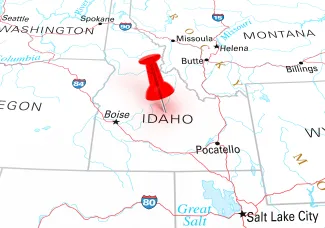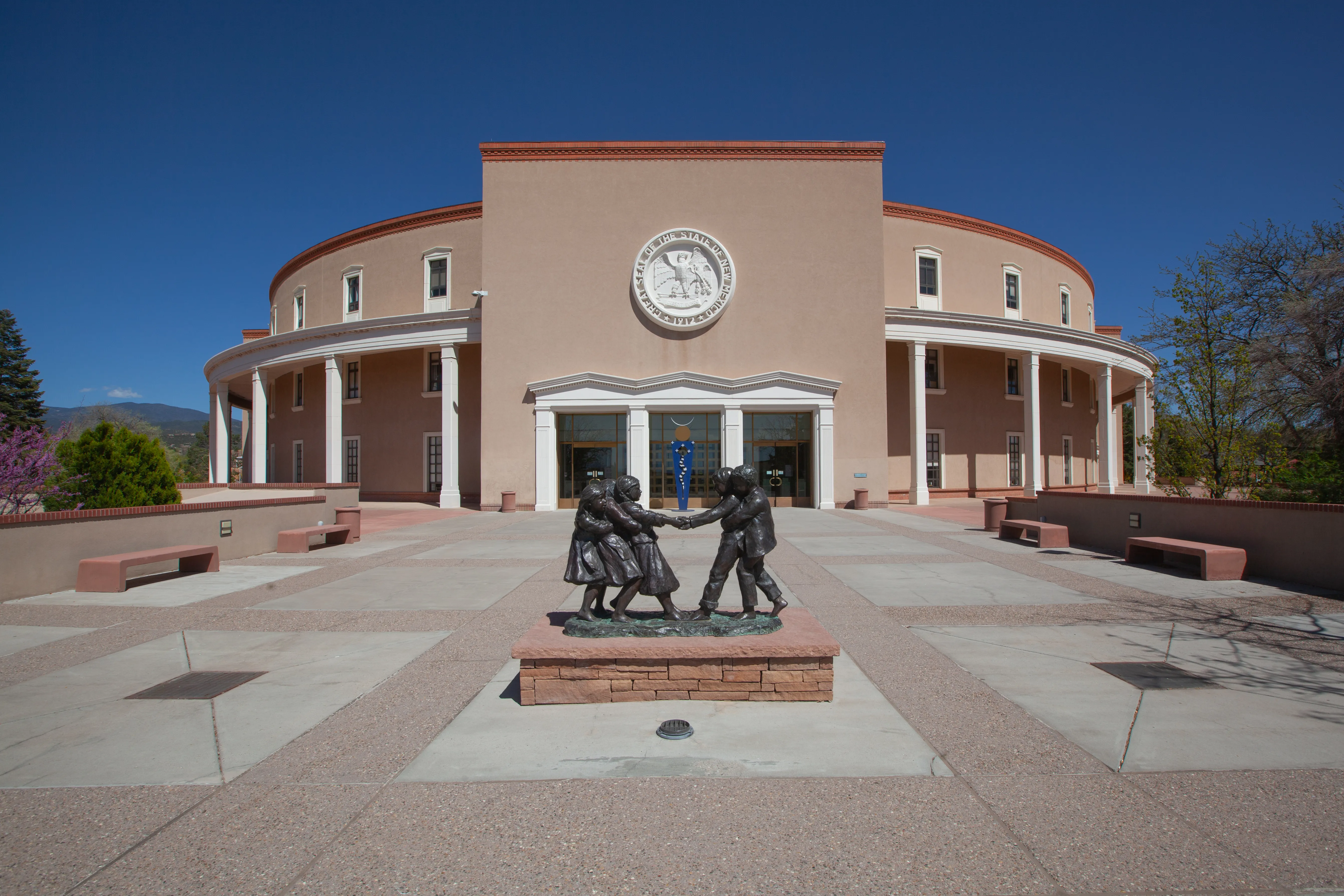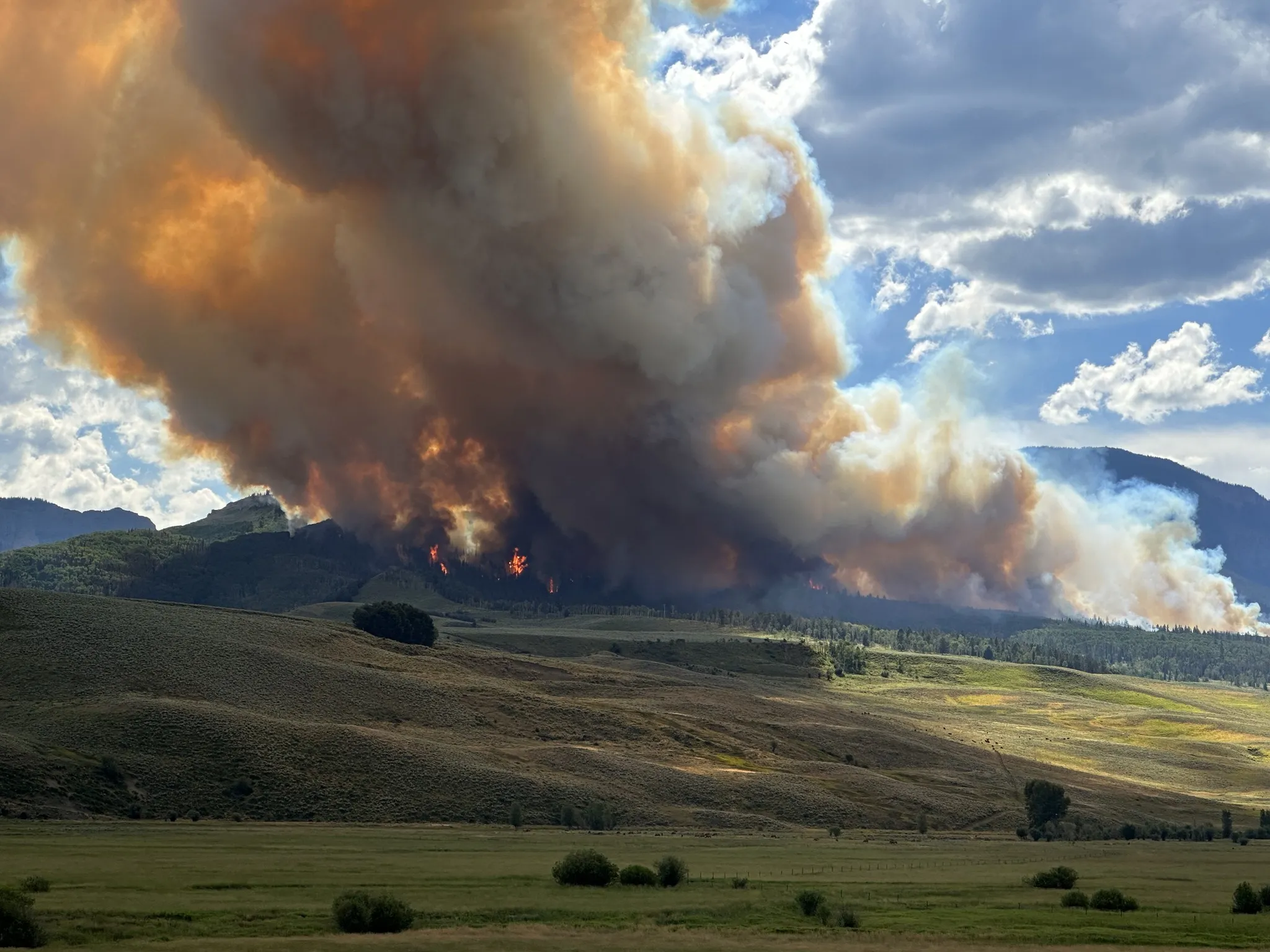
SCOTUS turns down river dredge mining in Idaho without permit
Click play to listen to this article.
(Northern Rockies News Service) A decision from the U.S. Supreme Court protects Idaho rivers from what conservation groups say are harmful mining practices. The justices rejected a petition to review a case in which a California suction dredge miner conducted his operations without a Clean Water Act permit in Idaho.
The miner, Shannon Poe, was fined $150,000 in 2021 by a district court for polluting the South Fork of the Clearwater River. The Idaho Conservation League filed suit against Poe for failing to get a permit back in 2018.

Jonathan Oppenheimer, governmental relations director for the Idaho Conservation League, said the Supreme Court's decision is a victory for Idaho's rivers.
"We were concerned that it could go the other way and are pleased to see the outcome that really upholds what we see as the rule of law - that if you're going to discharge pollutants into waters of the United States, that you need to have appropriate permits and take actions to protect those waters for all Americans," he said.
Suction dredge mining uses an underwater hose to excavate gold from riverbeds. It can release dangerous metals like arsenic and mercury. Poe refused to get a permit for the mining. 21 states, including Idaho, signed on to a 'Friend of the Court' brief in support of Poe.
Dredge miners in Idaho must obtain a pollution discharge permit from the Idaho Department of Environmental Quality to comply with the Clean Water Act. Oppenheimer said this type of dredging is a highly disruptive practice that kicks up sediment and can harm endangered and protected species in the river, such as salmon and steelhead.
"It can impact fisheries habitat as well as the insects that grow and develop in the water and on the rocks that they are disturbing that then feed the fish and other aquatic species," he added.
Oppenheimer noted the justices' rejecting a review of this case means the Ninth Circuit Court of Appeals decision requiring permits for suction dredge mining goes back into place, protecting waterways in the West.
















